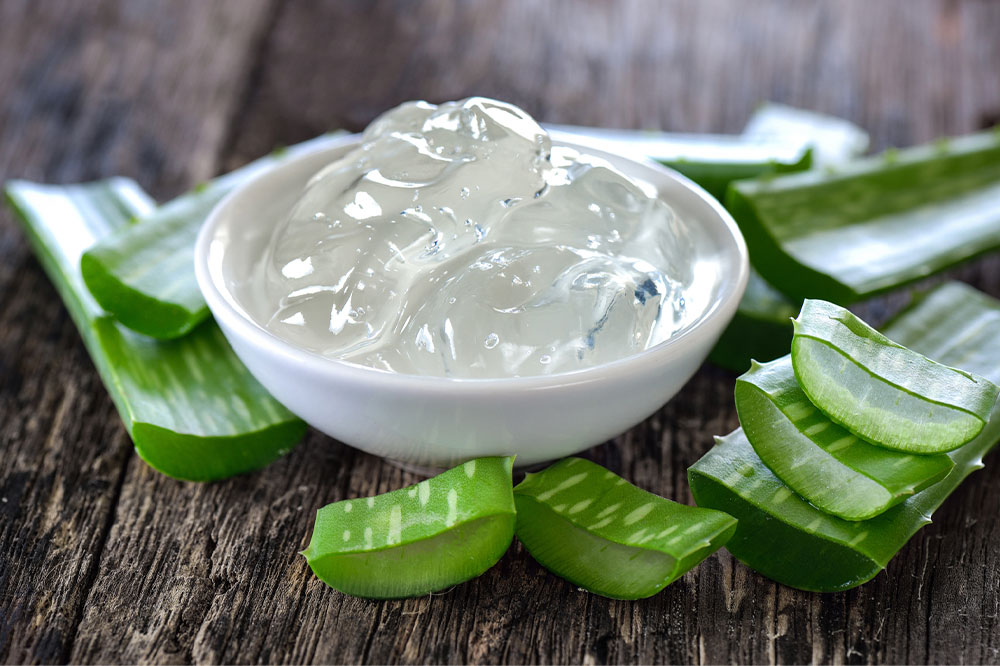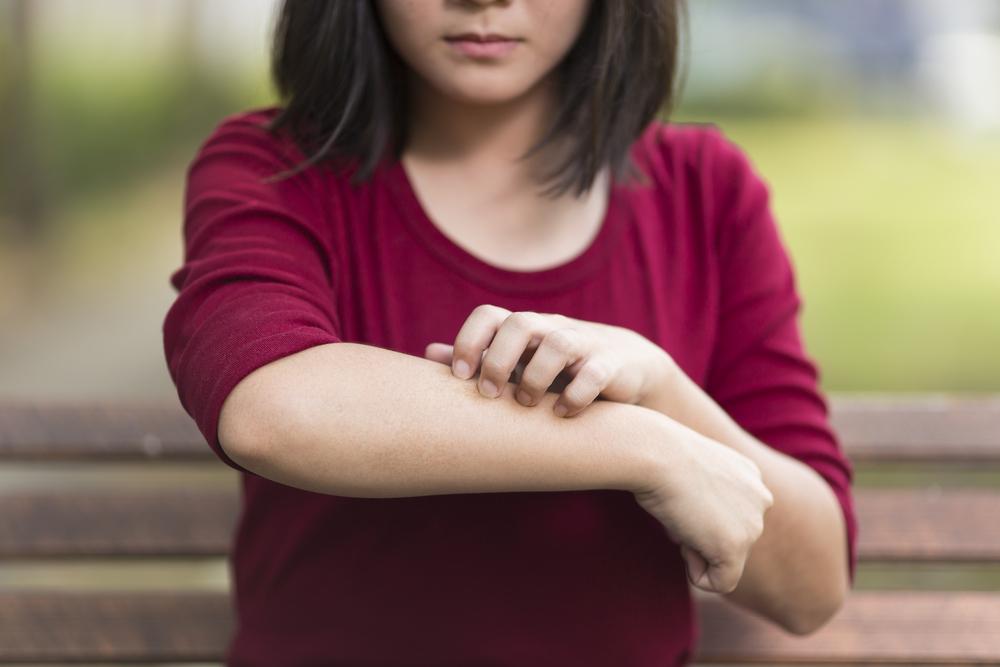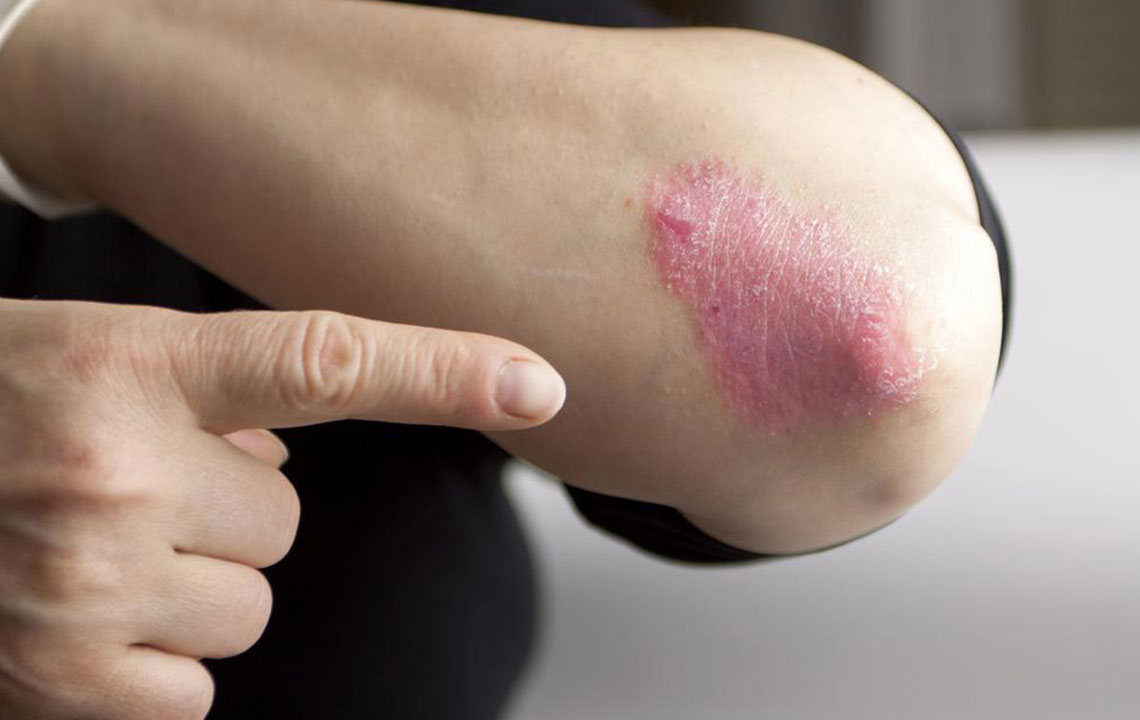Understanding Psoriasis: Types and Natural Home Strategies
This article explores various types of psoriasis and effective natural home remedies, alongside medical treatments. It provides insights into managing symptoms and reducing flare-ups through hydration, diet, sunlight, and topical therapies. Emphasizing ongoing care, the article highlights the importance of personalized plans and holistic approaches, including lifestyle modifications and stress reduction techniques, to enhance quality of life for psoriasis sufferers.

Understanding Psoriasis: Types and Natural Home Strategies
Psoriasis is a chronic autoimmune disorder causing red, scaly patches on the skin surface. Common locations include the scalp, knees, and lower back. Symptoms vary by type and severity but often involve itching, burning sensations, pain, and silvery scaling. Treatments include topical creams, light therapy, and biological options to control symptoms.
Psoriasis Types
Although its exact cause remains unknown, research suggests an overactive immune system mistakenly attacks healthy skin cells, leading to psoriasis.
The condition can worsen with triggers like stress and infections. Types include:
Plaque Psoriasis
The most common form, accounting for 80-90% of cases, presents as red patches covered with silvery scales.
Guttate Psoriasis
Features small, pinkish-red spots, often triggered by streptococcal infections, commonly appearing in children and teens.
Pustular Psoriasis
Causes red skin with white, pus-filled blisters, potentially affecting limited areas or spreading widely, leading to discomfort, dehydration, and infection risk.
Psoriasis can affect different body parts, including the scalp, which causes redness, itching, and flakiness. Multiple types may appear simultaneously.
Natural Home Remedies
Several remedies can ease symptoms and reduce flare-ups:
Hydration Keeping skin moisturized with gentle, fragrance-free products can lessen itching and redness.
Colloidal Oatmeal Adding to bathwater provides soothing relief from itching and swelling. Pat dry after soaking.
Apple Cider Vinegar Diluted vinegar applied with a cotton ball can help calm irritated patches.
Turmeric Its anti-inflammatory properties may reduce symptoms when taken orally or applied as a paste.
Aloe Vera Natural gel can hydrate and soothe affected areas directly.
Sun Exposure Moderate sun exposure may improve symptoms, but caution is needed to prevent sunburn.
Note that these natural approaches work best when combined with medical treatments for faster relief.
Medical-Grade Psoriasis Treatments
Consult a healthcare provider for tailored management plans, which may include:
Topical Steroids to reduce inflammation, applied once or twice daily.
Vitamin D Analogs Help slow skin cell growth and decrease swelling.
Salicylic Acid A keratolytic to remove scales effectively.
Calcineurin Inhibitors Designed to suppress immune response, especially on sensitive areas like the face.
Psoriasis is a lifelong condition needing ongoing management. While treatments reduce symptoms and flare-ups, complete cure remains unavailable. Treatment duration varies depending on individual response, often requiring months of therapy and lifestyle adjustments. Beyond medication, stress reduction techniques, acupuncture, meditation, and yoga can help manage inflammation and improve well-being.









